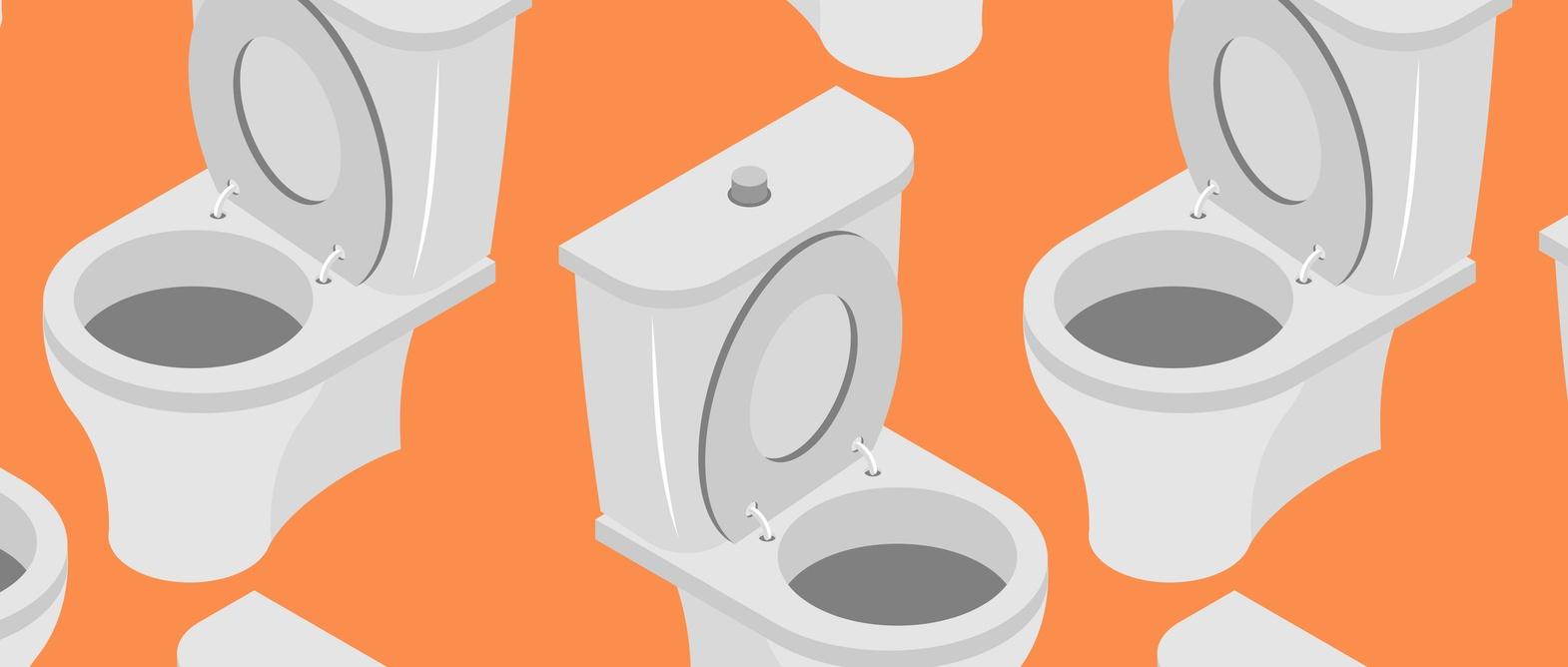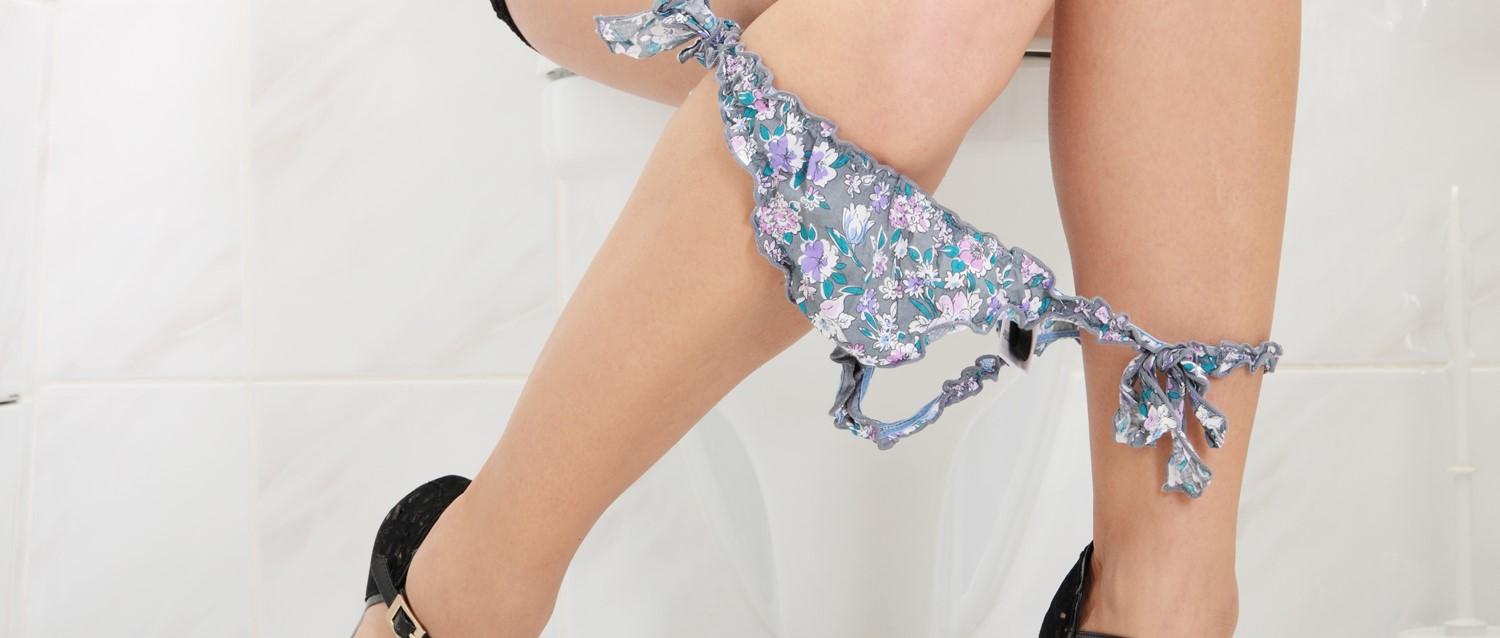
Cystitis in men
Peer reviewed by Dr Krishna Vakharia, MRCGPAuthored by Dr Colin Tidy, MRCGPOriginally published 10 Aug 2023
Meets Patient’s editorial guidelines
- DownloadDownload
- Share
- Language
- Discussion
Cystitis - sometimes called a urinary tract infection (UTI) - is when your bladder gets inflamed. It is usually due to a bacterial infection. Whilst cystitis is rare in men, they do get it. Here we look at how do you know if you have it and what to do.
In this article:
Continue reading below
Can men get cystitis?
Cystitis is much less common in men than in women. This is because the tube that carries pee from the bladder to the outside (the urethra) is much shorter in women than in men - so it is easier for bacteria to get into a woman's bladder.
The older you get, the more likely it is you that you can get cystisis - it is very rare in men younger than 50. Men who are otherwise unwell with other health conditions, live in residential care, or have a permanent (indwelling) catheter are more likely to get cystitis..
The most common symptoms of cystitis include:
Pain, burning or stinging when you pee (dysuria).
Peeing more often.
Needing to pee immediately.
Blood in your pee (haematuria).
Peeing more often during the night (nocturia).
Your pee may also appear dark, cloudy, or strong smelling and you may have a high temperature (fever).
Painful bladder syndrome (interstitial cystitis) can cause similar symptoms to cystitis but it is not caused by infection.
What causes cystitis in men?
You usually get cystitis from an infection when bacteria such as E coli (Escherichia coli) gets into the bladder.
Continue reading below
Is cystitis a problem in males?
It is very uncommon for cystitis to cause any major health problems, either in the short term or long term, but occasionally it may lead to complications such as:
Because cystitis is not as common in men, there is more likely to be be an underlying problem. Apart from older age and having a catheter, the problems that may make cystitis in males more likely include:
Enlarged prostate.
Other causes blocking you from passing your pee, such as a blockage of the urethra (urethral stricture).
Other medical conditions such as diabetes or a weak immune system.
Previous bladder surgery.
Previous urinary tract infection (UTI). The risk of getting another UTI increases with each subsequent infection.
How to treat cystitis in men
Cystitis frequently gets better within a few days if you drink plenty of water and take a course of antibiotics. If you are very unwell then you may need to go into hospital. This is uncommon and cystitis in men can usually be treated at home.
General advice
Use paracetamol to ease pain, or if preferred and suitable, ibuprofen.
Drink plenty of water.
Avoid alcohol, coffee, tea, fizzy, and acidic drinks such as orange juice, as these can irritate the lining of the bladder.
If you have high fever, rigors (uncontrollable shivering and shaking) and back pain - this could be a sign of kidney infection. You should go to your nearest emergency department for an assessment by a doctor.
If you have signs of sepsis - call for an emergency ambulance (999 in the UK). This is a medical and life-threatening emergency.
Antibiotics
Because cystitis is commonly caused by a bacterial infection, it is usually treated with antibiotics - trimethoprim or nitrofurantoin are commonly used.
A urine sample will usually be tested to confirm it's cystitis and to find out which bacteria has caused the infection - the antibiotic course can be started while waiting for the results. The result of the urine test will take several days but will help your healthcare professional adjust your antibiotic treatment if you're not getting better quickly.
Continue reading below
How to prevent cystitis
Some people can be prone to repeated episodes of cystitis. It is difficult to prevent cystitis and there is no strong evidence that anything particularly works. However, some people try to reduce the chance of further cystitis by drinking plenty of water - 2 litres each day - and do not use use bubble bath or talcum powder.
There is some evidence to support the use of cranberry products and some people use cranberry juice to help prevent cystitis if they get repeated bladder infections.
Patient picks for Urinary tract infections and symptoms

Kidney and urinary tract
Why you constantly need to pee
The constant urge to pee, can affect anyone at any age it can last for life and there is no one-size-fits-all solution. In this feature we look at what might be causing your urge and what you can do about it.
by Victoria Raw

Kidney and urinary tract
What to do about constant UTIs
Cystitis is common in women of all ages, but for some, recurrent infections occur frequently and have a detrimental impact on quality of life. We examine the latest thinking on urinary tract infections and look at how to minimise their recurrence.
by Sally Turner
Continue reading below
Article history
The information on this page is peer reviewed by qualified clinicians.
10 Aug 2023 | Originally published
Authored by:
Dr Colin Tidy, MRCGPPeer reviewed by
Dr Krishna Vakharia, MRCGP

Ask, share, connect.
Browse discussions, ask questions, and share experiences across hundreds of health topics.

Feeling unwell?
Assess your symptoms online for free
Sign up to the Patient newsletter
Your weekly dose of clear, trustworthy health advice - written to help you feel informed, confident and in control.
By subscribing you accept our Privacy Policy. You can unsubscribe at any time. We never sell your data.